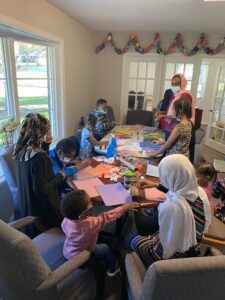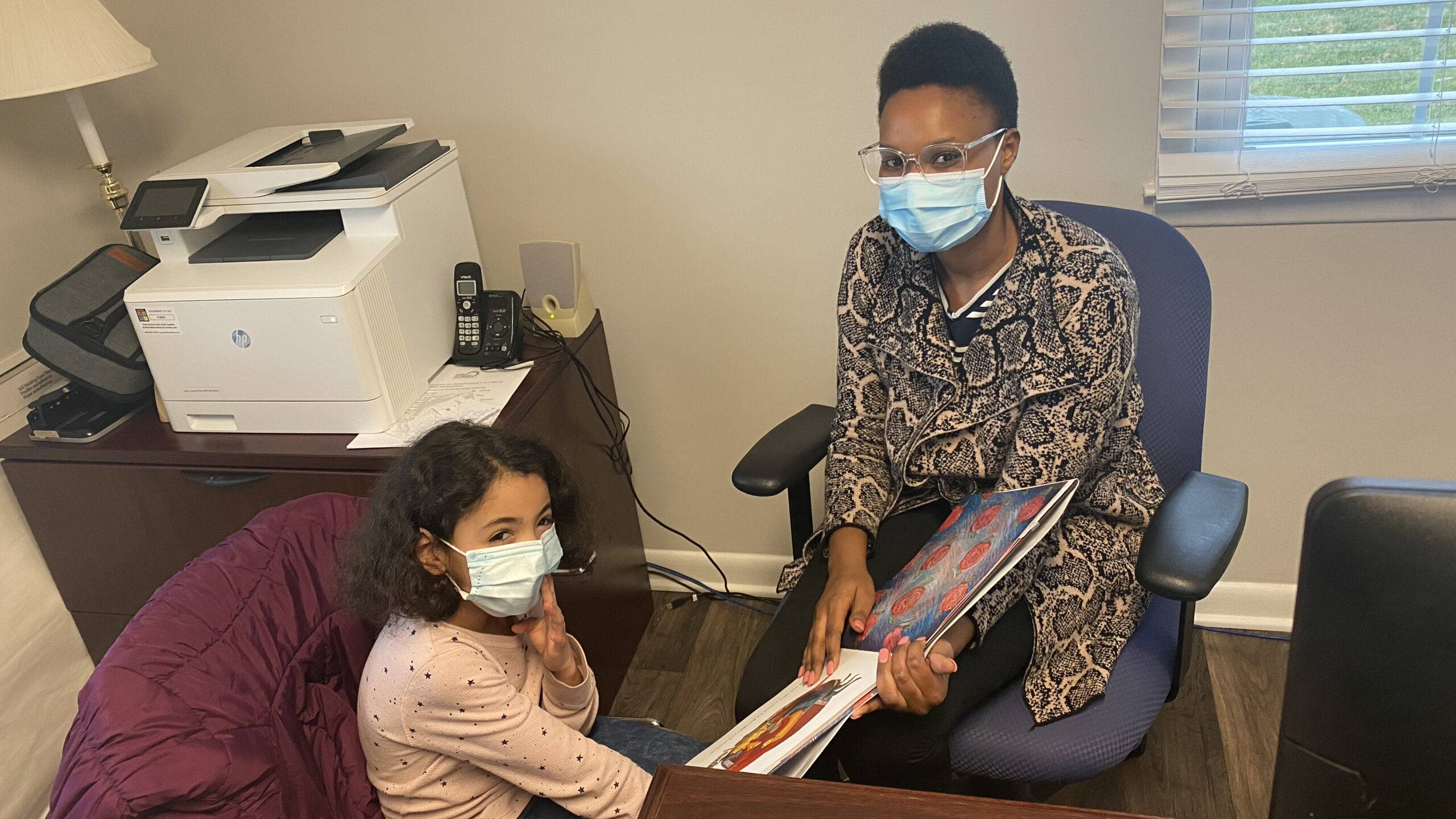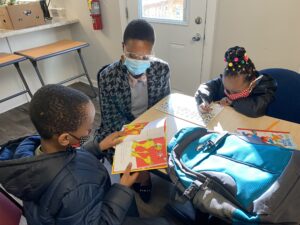As Black history month comes to a close, we want to acknowledge the plurality of African and African American experiences right here in our city. Greensboro’s history of Civil Rights activism, and immigrant and refugee integration has made it unique, especially as it continues to grow as a racially and ethnically diverse area.

Throughout the past four decades, Guildford County has become home to many refugee populations — averaging nearly 700 new refugees each year — who were forcibly displaced due to conflict and persecution.
Many of the refugees our city welcomes each year come from several African countries such as the Sudan, Ethiopia, Eritrea, Nigeria, Burundi, the Democratic Republic of Congo, Rwanda, and Somalia — making Guildford County one of the most ethnically diverse counties in North Carolina, with over 150 languages spoken in Greensboro.
With such a large population of new arrivals, it is our community’s responsibility to support their successful integration.
At our Community Centers, the CNNC strives to continue refugee and immigrant integration by providing community-based outreach initiatives and programs. Lauren Uwimana, the coordinator for the Community Enrichment Center, illustrates the significance of the Community Centers for newly arrived refugees, particularly from African populations.
When she was 13 years old, Lauren migrated with her family from the Democratic Republic of Congo, and as a teenager, she was involved in the Community Centers, directly experiencing their benefits. She was later inspired to join AmeriCorps, become an interpreter, and then had the opportunity to become a CNNC Community Center Coordinator.
As Lauren was one of the children served by a CNNC Community Center, she learned the importance of building community and wants to pass that on to the next generation. She believes that, “helping kids with adjusting to the new environment, new language, and new school system” is important as “most kids are behind due to changes in their situation. The Centers are there to listen to the kids, make them feel comfortable, and help them practice English. The goal of the Centers is to help kids catch up in school and provide educational resources.” Lauren expressed how beautiful it is to witness the improvements kids make overtime.
Adjusting to A New Environment: Grappling with Race
Along with differences in language and school systems, Lauren says many new arrivals struggle with the cultural differences, such as understanding the racial tensions and racial dynamics in the US. Although many new arrivals identify as Black African community members, they do not see themselves as Black Americans. Many say that they still feel like outsiders — despite sharing similar racial markers –which may result in feelings of isolation and lack of belonging.
The year 2020 left many refugee community members shaken and perplexed in the wake of George Floyd’s murder, the racial uprising and protests, and the presidential election season. These feelings stemmed not only from the language barriers, but also from becoming displaced and engulfed in a radically different environment.
Many newcomers grapple with race as a new experience and a new concept here in the US. Despite having orientation classes for new arrivals, Lauren finds it difficult to explain these tensions to newcomers who may not understand the history of oppression and enslavement of African Americans in the US, especially in the South.
These are difficult conversations to have and require a lot of trust and emotional and mental labor. Although resettlement agencies conduct the cultural orientation classes for new arrivals, Lauren articulates that there is a need for more context on the history of race and current events in the US.
Spreading Compassion and Empathy
Along with more education, it is necessary to recognize that diversity exists within diversity, even within the same race or region. Lauren affirms that, “Each family comes from a different situation. Not all refugees are the same or have the same story.”
Understanding how newcomers have encountered adversity and complicated racial tensions can help us become a stronger, more compassionate community.
Further support for the Community Centers is always appreciated. Volunteering can help people get to know a family and see a different side to immigrants and refugees. Visit our website and social media platforms (Facebook, Twitter, and Instagram @CNNC.UNCG), volunteer, or donate time, money, dry goods or office supplies to support our Centers.
Janie Raghunandan
CNNC Marketing and Communications Intern

